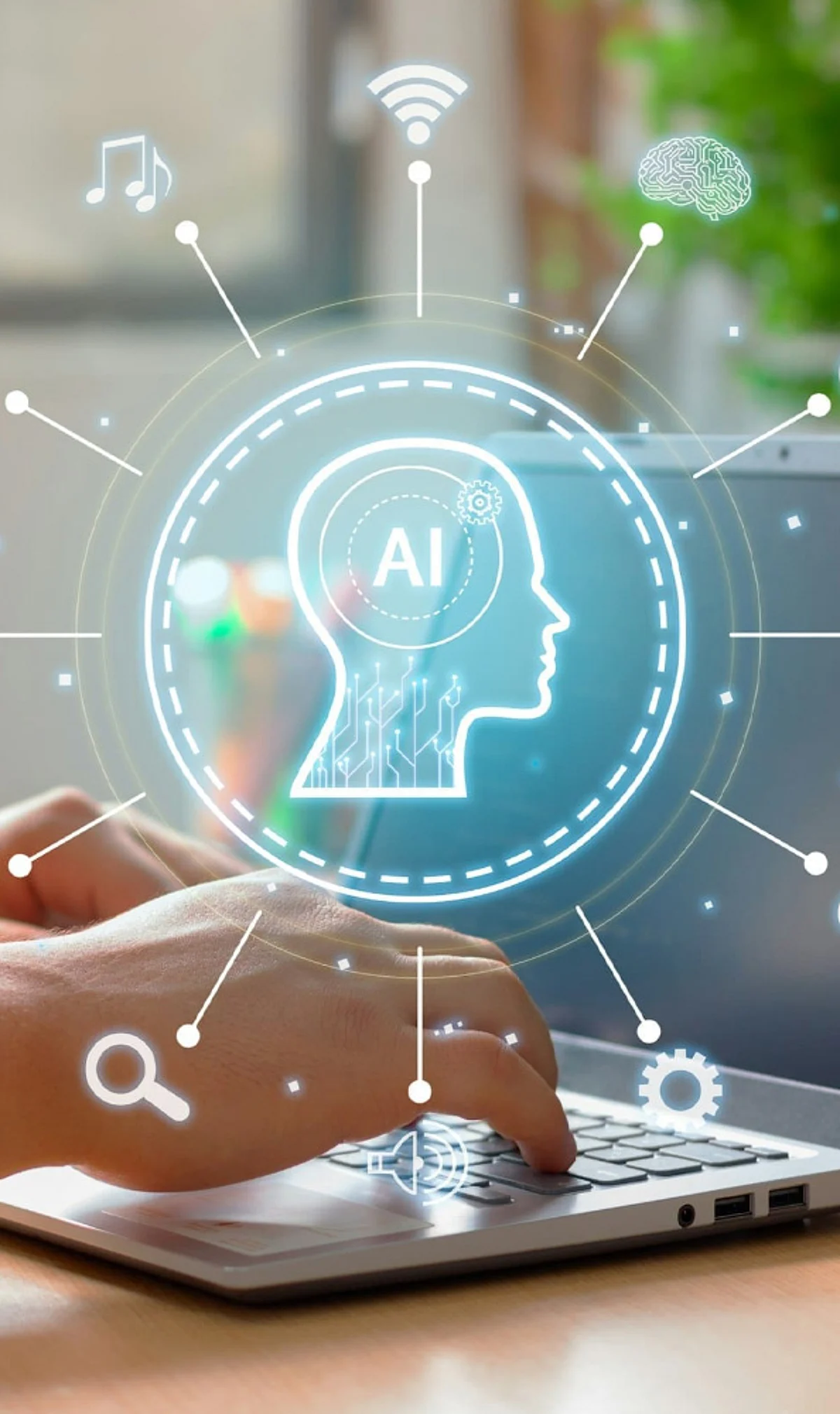Artificial Intelligence is fundamentally changing the landscape of information technology as we approach 2025. Innovations in areas such as AIOps, edge computing, low-code platforms, and quantum AI are not only enhancing operational efficiencies but also redefining the future of work. With these advancements, businesses are facing both new opportunities and significant challenges.
AIOps and Operational Efficiency
AIOps, or Artificial Intelligence for IT Operations, is gaining traction as organizations strive for greater operational efficiency. By automating routine tasks, AIOps solutions empower IT teams to focus on more strategic initiatives. According to a report by Gartner, the market for AIOps is expected to reach $2.5 billion by 2025, reflecting a growing reliance on AI-driven analytics to enhance decision-making processes. This shift allows companies to identify and resolve issues faster, ultimately leading to improved service delivery and customer satisfaction.
Edge Computing: The Next Frontier
Simultaneously, edge computing is emerging as a critical component of IT infrastructure. As businesses increasingly rely on real-time data processing, edge computing facilitates quicker response times and reduces latency. The global edge computing market is projected to grow to $43.4 billion by 2027, according to a report from Fortune Business Insights. This technology is particularly beneficial for industries such as manufacturing and healthcare, where immediate data access can lead to enhanced operational capabilities.
Low-code platforms are also becoming a focal point in the tech industry. These platforms allow users to build applications with minimal coding, significantly reducing the time and resources required for software development. The low-code development market is expected to surpass $27 billion by 2025, driven by the need for rapid application development and deployment. This trend is democratizing software development, enabling non-technical users to contribute to digital transformation efforts.
Enhanced Cybersecurity Measures
As organizations integrate these technologies, the importance of robust cybersecurity measures cannot be overstated. The rise in cyber threats necessitates advanced security protocols that can adapt to evolving challenges. According to Cybersecurity Ventures, global cybersecurity spending will exceed $1 trillion from 2021 to 2025, underscoring the urgency for companies to protect their systems and data. AI-driven security solutions are becoming instrumental in identifying vulnerabilities and responding to attacks in real-time.
Quantum AI represents another frontier in technological advancement, with the potential to solve complex problems at unprecedented speeds. By leveraging quantum computing’s unique properties, businesses can optimize processes and analyze data with greater efficiency. Although still in its infancy, the quantum AI market is expected to grow significantly in the coming years, with estimates suggesting it could reach $8.6 billion by 2027.
In conclusion, artificial intelligence is not only reshaping IT trends but also influencing the broader business landscape as we move towards 2025. The integration of AIOps, edge computing, low-code platforms, enhanced cybersecurity measures, and quantum AI presents organizations with the tools they need to thrive in a rapidly evolving digital world. As these technologies continue to develop, companies that embrace these changes will likely lead the charge in innovation and operational excellence.
